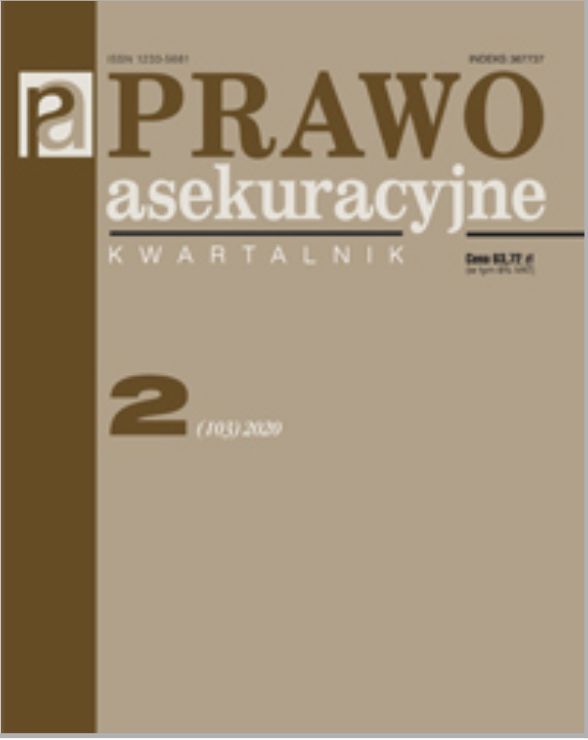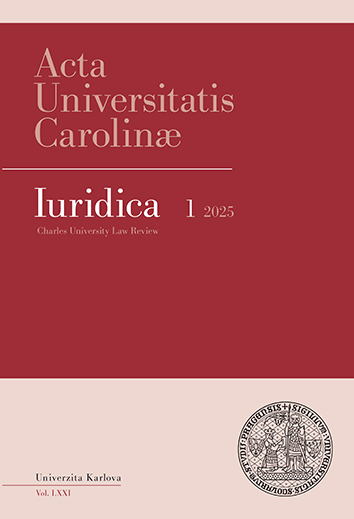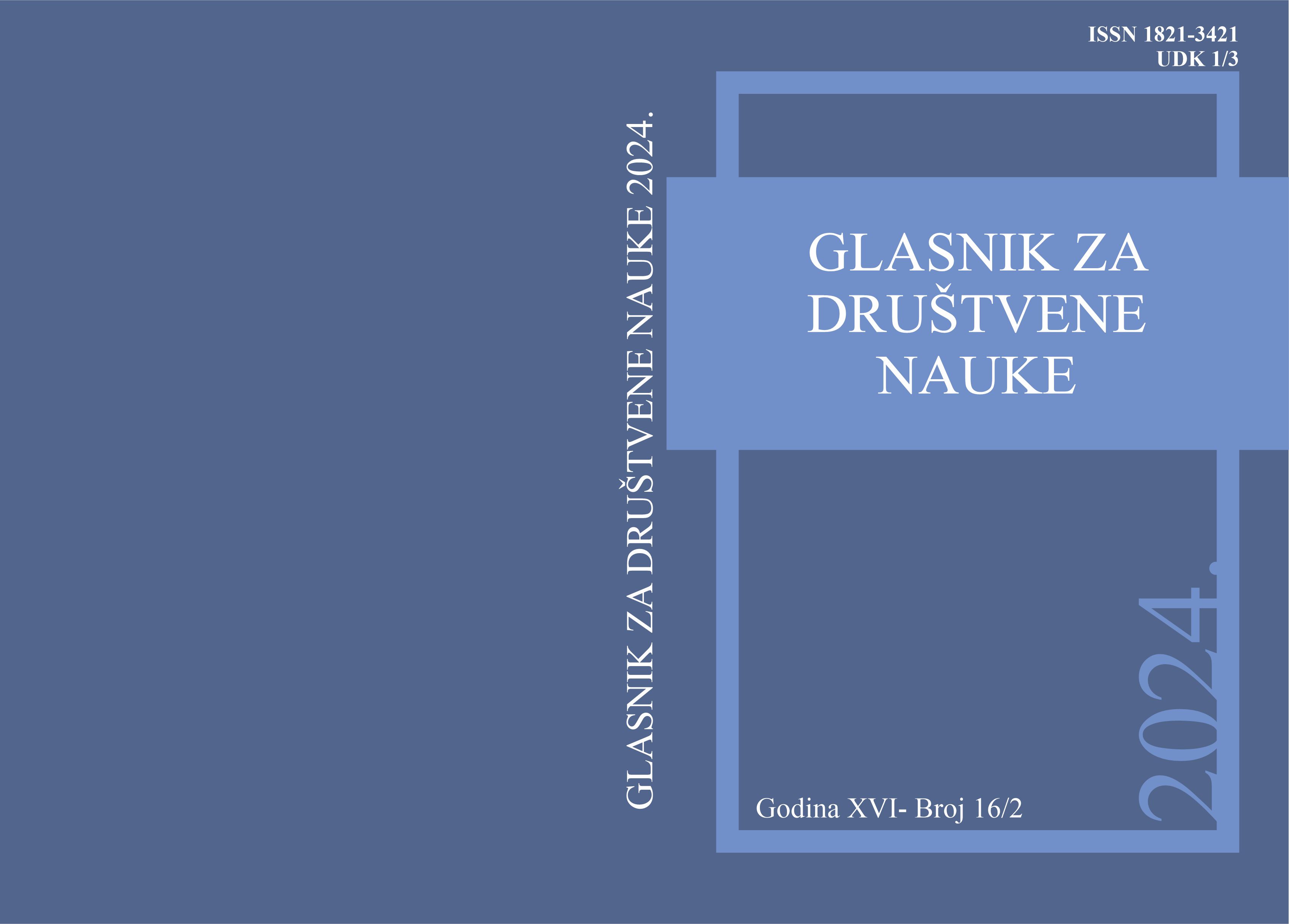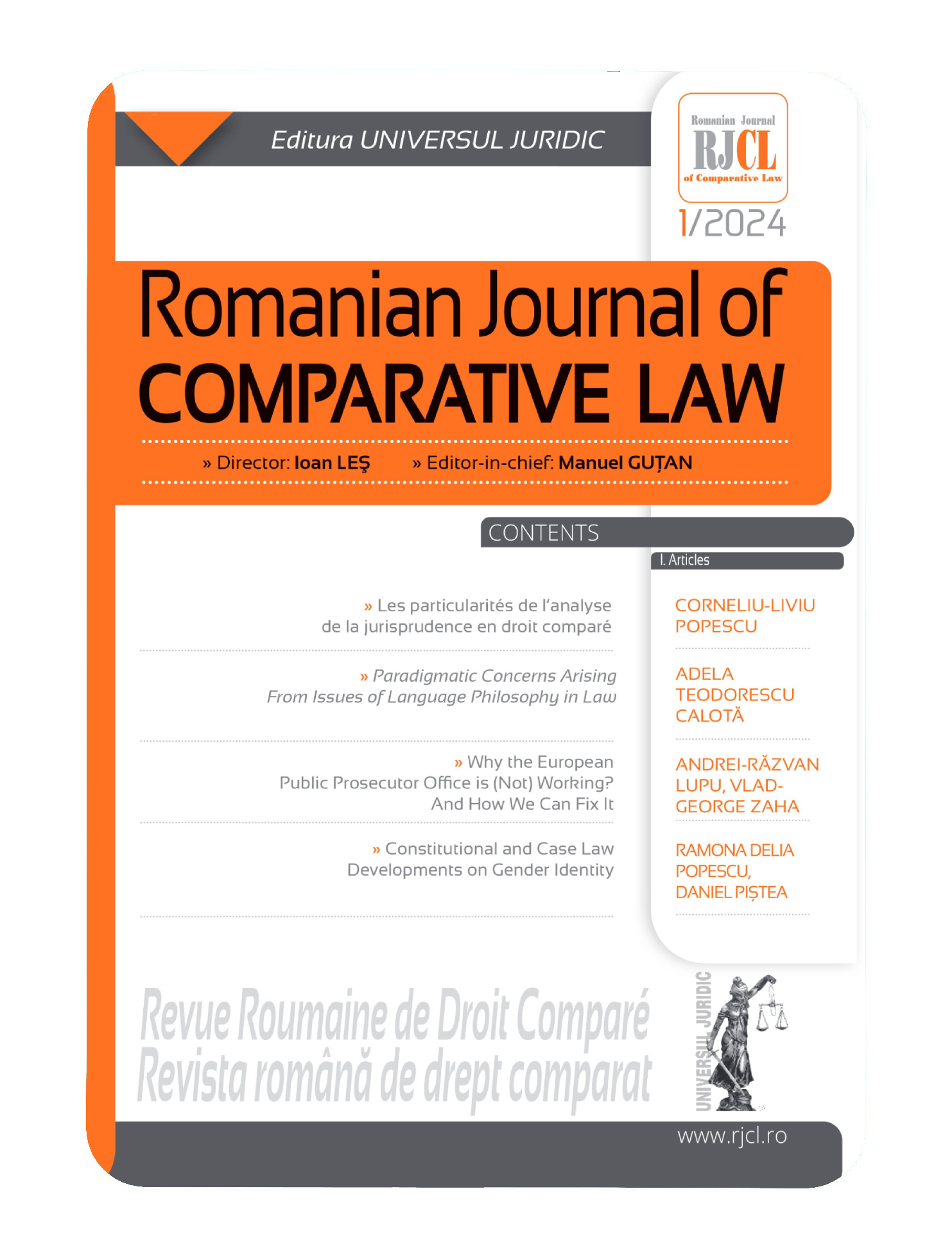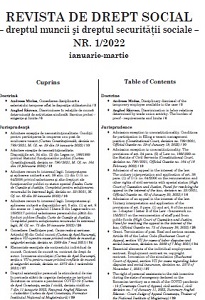
Anulare act administrativ. Certificat de neîncadrare în grad de handicap. Obligativitatea aplicării normelor privind criteriile medico-psiho-sociale. Lipsa discriminării. Inaplicabilitatea dreptului Uniunii Europene
Norma este clară și neechivocă în sensul condiționării încadrării în grad de handicap a persoanei care suferă de patologia respiratorie de debutul precoce al acesteia, respectiv până la 26 de ani. Rolul instanței de judecată este acela de a interpreta și aplica norma de drept în vigoare, nu acela de a ignora sau crea o normă juridică nouă prin înlăturarea celei existente sau interpretarea în sensul inaplicabilității. În măsura în care reclamantul recurent apreciază o normă legală inclusă într-o lege sau ordonanță de Guvern ca fiind neconstituțională, calea procedurală ce poate fi urmată este cea a excepției de neconstituționalitate. Similar, în cazul în care nelegalitatea derivată dintr-un pretins caracter discriminatoriu privește un act administrativ normativ, respectiv a Ordinul nr.762/31.08.2007 al MMFES și Ordinul nr. 1992/19.11.2007 al MSP, această critică trebuie să ia forma unei acțiuni în anularea acestora. Normele de drept comunitar invocate de către reclamantul recurent garantează principiul nediscriminării prin raportare însă la dreptul comunitar în vigoare și nu pot fi aplicate generic, ci doar cu privire la relațiile sociale în care există un drept material al UE. Or, materia în discuție în cauză, respectiv încadrarea sau nu a unei anumite afecțiuni în grad de handicap nu este reglementată la nivel comunitar.
More...
